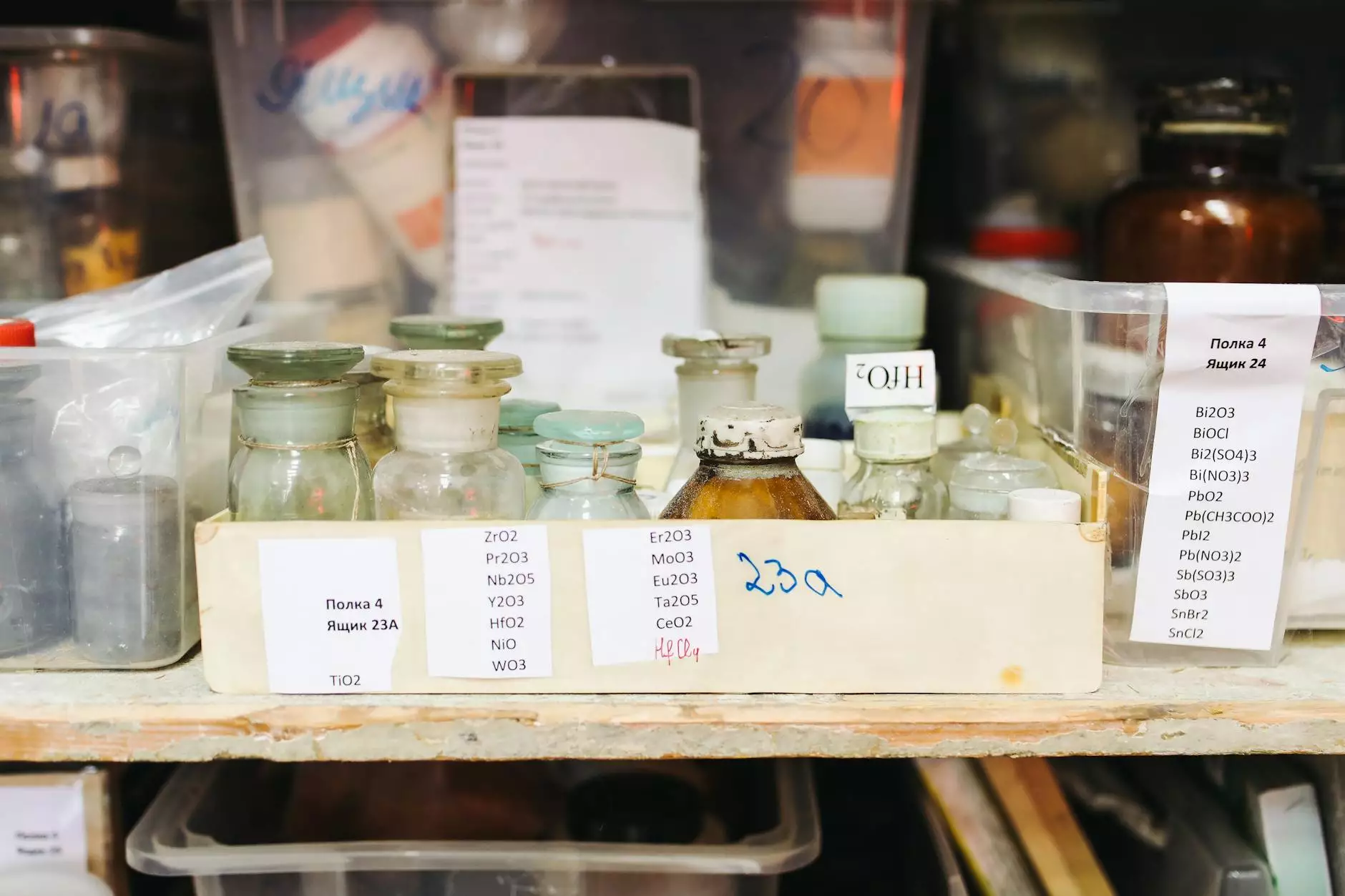Equine Vet Meds: The Essential Guide for Horse Owners

When it comes to caring for your equine companions, understanding equine vet meds is vital. Whether you're a seasoned horse owner or a newbie, having a solid grasp of veterinary medications can greatly enhance the quality of life for your horse and ensure their long-term health and performance.
Understanding Equine Vet Medications
Equine vet medications are specialized treatments, therapies, and preventive measures designed specifically for horses. These medications play a critical role in managing a wide range of health issues, from minor injuries to serious illnesses.
Types of Equine Vet Meds
Equine medications can be categorized into several types, based on their function and application. Here’s an overview of the main categories:
- Analgesics and Anti-inflammatories: Used to relieve pain and reduce inflammation.
- Antibiotics: Essential for treating bacterial infections.
- Antiparasitics: Treatments that eliminate internal and external parasites.
- Vaccinations: Preventive medications that protect against various infectious diseases.
- Hormonal Treatments: Used to manage hormonal imbalances in mares and stallions.
- Supplements: Includes vitamins and minerals that support overall health.
The Importance of Equine Vet Meds
The administration of the right equine vet meds at the appropriate time can mean the difference between a quick recovery and a long, complicated illness. Here’s why these medications are essential:
Preventive Care
Vaccinations and deworming treatments play an instrumental role in horse management. Regular vaccinations can prevent outbreaks of diseases like tetanus, rabies, and West Nile virus, while deworming medications help maintain a healthy digestive system.
Enhanced Performance
Administering the right medications not only keeps horses healthy but also optimizes their performance. Horses that are free from pain and discomfort are more likely to excel in their respective disciplines, be it dressage, jumping, or racing.
Emergency Response
In emergencies, having a supply of essential equine vet meds can be lifesaving. Be it a sudden injury or an allergic reaction, quick access to the right medication can stabilize your horse until professional help arrives.
Common Equine Health Issues and Corresponding Medications
Understanding common ailments and their treatments can empower horse owners. Here are some prevalent health issues and the medications typically used:
Lameness
Lameness is one of the most common reasons for veterinary visits. It may stem from various causes including hoof problems, joint issues, or tendon injuries. Common medications include:
- NSAIDs: Non-steroidal anti-inflammatory drugs such as phenylbutazone.
- Joint Supplements: Products rich in glucosamine and chondroitin.
Colic
Colic refers to abdominal pain and is a serious condition that can quickly escalate if not treated promptly. Medications often used include:
- Antispasmodics: Such as buscopan which relieve cramping.
- Fluids: Administered intravenously to prevent dehydration.
Infections
Whether resulting from wounds or respiratory issues, infections require swift action. Common medications for treating infections include:
- Antibiotics: Such as penicillin or gentamicin.
- Topical Treatments: Such as antiseptic creams for wounds.
How to Properly Administer Equine Vet Meds
Correct administration of medications is crucial for effectiveness and safety. Here are some key points to consider:
Follow Veterinary Recommendations
Always adhere to the dosage and administration instructions provided by your veterinarian. Every horse is unique, and what works for one may not work for another.
Consistency is Key
Whether you’re administering a medication daily or periodically, maintaining a consistent schedule helps ensure maximum benefits.
Monitor Reactions
After administering any medication, it’s important to monitor your horse for any adverse reactions or side effects. If any concerns arise, consult your veterinarian immediately.
Purchasing Equine Vet Meds
When it comes to buying equine vet meds, it is essential to source them from reputable suppliers. Here are some tips to ensure you purchase quality products:
Choose Licensed Veterinarians
Purchasing your medications through licensed veterinarians guarantees that you’re getting safe and effective products. They can also provide necessary advice based on your horse's specific health needs.
Online Veterinary Pharmacies
Many online pharmacies offer a wide range of equine medications. However, before making any purchases, check for the following:
- Licensing and accreditation.
- Customer reviews and testimonials.
- Return policies and guarantees.
Conclusion: A Commitment to Your Horse’s Health
With the right knowledge and resources, you can effectively utilize equine vet meds to promote the health and well-being of your horse. Always maintain an open line of communication with your veterinarian, stay informed about your horse’s needs, and ensure that you’re using the best medications available.
By being proactive in your horse's health care and utilizing high-quality medications from trustworthy sources, you contribute significantly to their happiness, performance, and longevity. Remember, a well-cared-for horse is not just a companion but a part of your life and family.
About Enong Vet Medication
Enong Vet Medication is dedicated to providing quality equine vet meds and comprehensive care for horses. Our goal is to support horse owners by providing the best medications and advice to enhance the health and performance of their equine partners.









